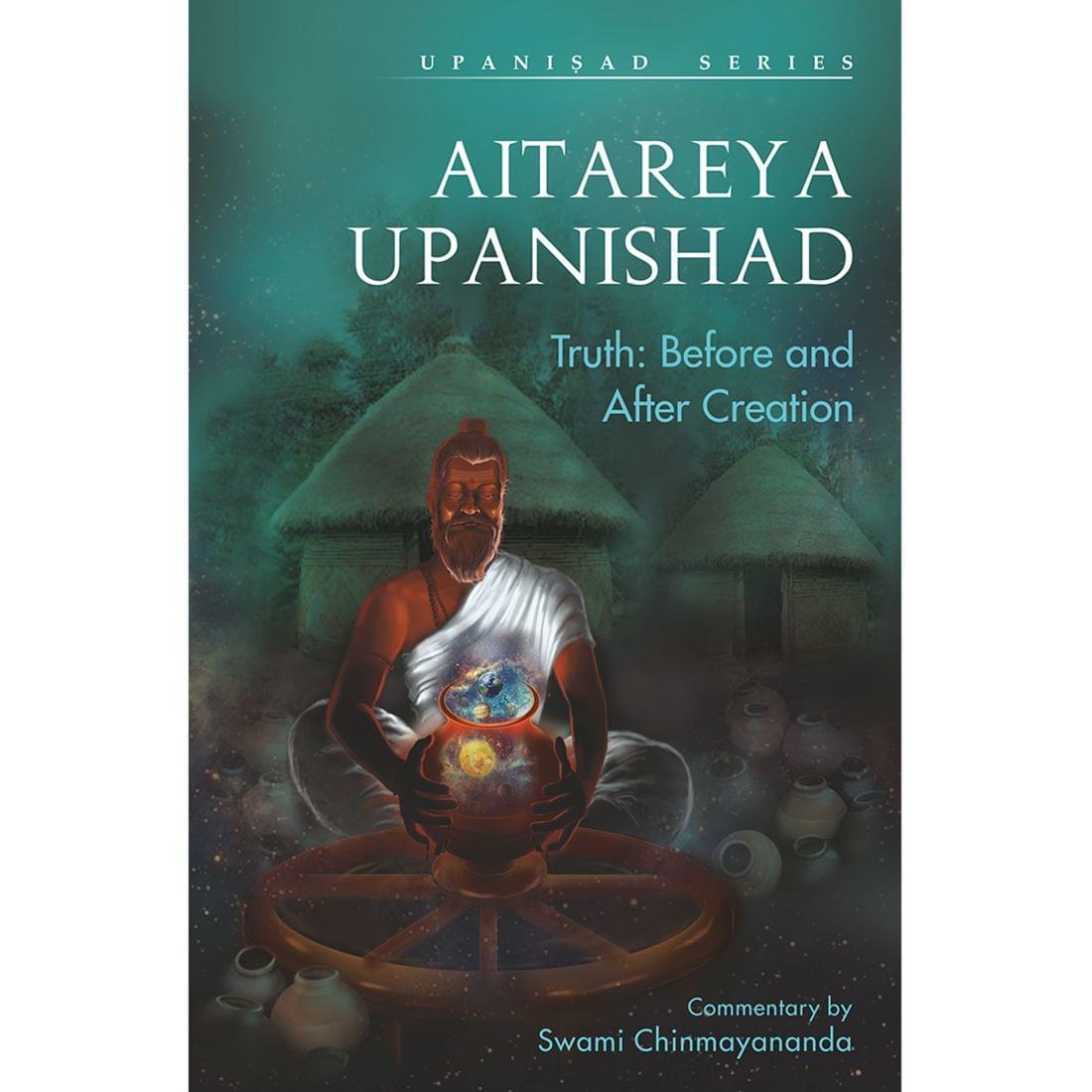Swami Chinmayananda
Aitareya Upanishad is backordered and will ship as soon as it is back in stock.
Couldn't load pickup availability
Make a bulk order enquiry
Product Description

Inspiring Right Living

Rooted in Wisdom

An Offering of Love

Product of Bharat
Product Description
Mahidasa was denied the privilege of sitting in the lap of his father. Itara, his mother, who was perhaps from the potters community noticed the sad plight of her son and prayed to her Ista Devata, i.e., Goddess Earth, who appeared in a divine form, placed Mahidasa in celestial seat and imparted unrivalled wisdom.
Thus was born, out of the potter Mahidasa, the proletarian Rishi, the Sage of the labourers and son of the soil, Seer Aitareya, who attained Godhood and authored this scripture of the common man, and sang the song of Hindu culture from a hut of the slum .
Even the Creator is not free to create a world as he likes. We with our actions known and unknown, conscious and unconscious are making the blueprint of our future. The Lord is but a contractor, who executes our plans, as we give it to Him, asserts Swami Chinmayananda.












